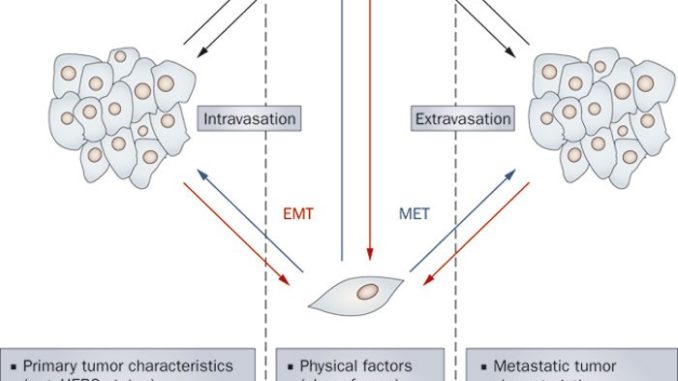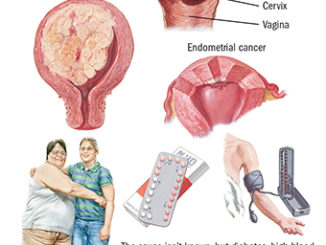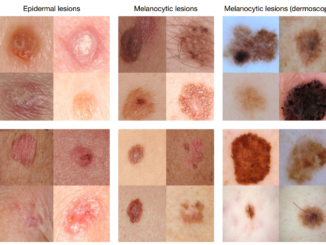
What Is Breast Cancer?
Breast cancer is a malignancy of the breast tissues that is usually identified as a small extra mass or lump in the breast in the beginning. If left undetected for some time, it can spread to other parts of the body including the surrounding lymph nodes. Most of the cancer of breasts occur in women, but men can get it too in some cases.
What Causes Breast Cancer and How Does it Spread?
A lot of research has been done to understand the mechanisms and pathogenesis of breast cancer. It is, however, difficult to predict who will develop it as scientists do not still know the exact causes of breast cancer fully. There are, however, several risk factors that may put a person at higher risk than others. These include a personal history of breast cancer, family history, age, gender, previous radiation therapy, hormone therapies, and excessive alcohol drinking.
A recent study published in ‘Cancer Cell International’ Journal found that pepsinogen C (PGC) that belongs to aspartic protease family and is secreted by gastric chief cells is linked to cancer development. Another report published in BMC suggests that penetration of the mammary gland basement membrane by cancer cells is an important step in the progression of the tumor from the mammary glands to other surrounding tissues. These findings also indicate that peptidylarginine deiminase 2 (PAD2) plays a crucial role in cancer cell transfer and movement. A research on a mouse model of ductal carcinoma in situ shows that inhibition of peptidylarginine deiminase 2 activity can maintain basement membrane integrity in xenograft tumors. PAD2 depletion or inhibition can suppress cell migration and alter the morphology of cells and can serve as a potential treatment option in future.
How to Prevent Breast Cancer?
We can little do to prevent cancer since we do not know the exact cause. However, in view of the recent findings and the knowledge of probable causes of the cancer, researchers have come up with a list of things that can benefit toward a cancer-free life. Pomegranate is a nutrient-rich unique fruit that has been used for centuries for the prevention and treatment of various inflammation-driven diseases. This has been proved through certain studies published in reputed journals of nutrition. A few studies suggest an inverse relationship between vitamin D levels and breast density. As breast density is considered a risk factor for breast cancer, monitoring your vitamin D levels can offer a starting point as a prevention strategy. Some studies reinforce the assumption that higher levels of 25(OH)D pre-menopause and vitamin D are associated with lower breast density. Screening is an established approach to keep a track of what is going on in your body. Doctors recommend a regular screening after every three years after the age of 40. If you are a higher-risk individual, it may be recommended to start the screening even earlier and more often. Keeping your weight under control, nutritious diet intake, and limiting alcohol consumption are other elements of your cancer prevention strategy.
Proudly WWW.PONIREVO.COM
by Mohd Salman



